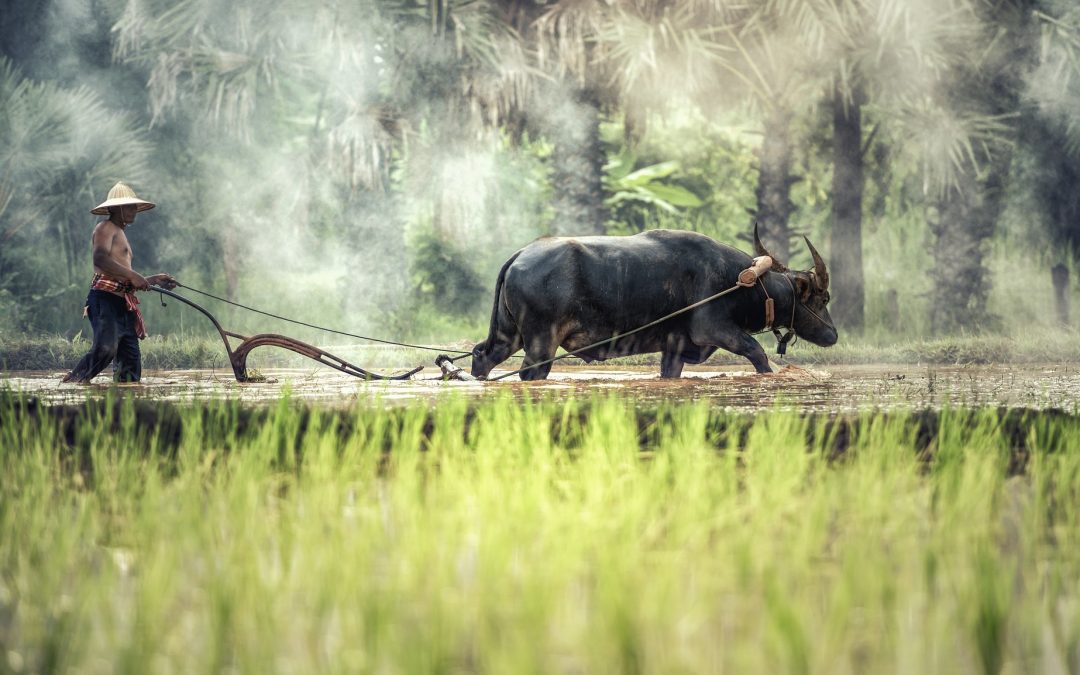Economic growth may come from rural areas, as food production and job creation come from agricultural opportunities. According to a new United Nations agriculture agency report released Monday.
the UN Food and Agriculture Organization (FAO) report State of Food and Agriculture 2017 argues that ‘sweeping transformations’ may have the potential to feed and employ a younger, more crowded planet. Long considered “poverty traps,” rural communities may instead attract millions of youth in developing countries who are poised to enter the labour force in the coming decades, with solutions for escaping poverty without moving to urban areas.
According to the report, between 2015 and 2030, the population of 15 to 24-year-olds is expected to top 1.3 billion. As growth in industry and service areas lags, many developing countries will not be able to absorb the massive numbers of new job seekers. Agriculture will need to be updated to both create the jobs, and produce the output that will be needed.
The urban poor are more and more likely to be rural people who have moved to cities to seek employment that may not be available. Instead of leading them out of poverty, they often have to look for employment elsewhere, leading to seasonal, or permanent migration. Policy and investment solutions in rural areas could create agro-industries connected to urban zones – especially small and medium size cities. Such strategic changes could create economic environments that would allow populations to stay, and thrive, in agricultural areas.
Such territorial networks include small cities and towns are important for rural populations. These are the places where they buy seed and equipment, attend school and access medical care services. Small cities and towns provide smallholder farmers with markets for their produce and also share in the benefits of economic growth. While transformed rural economies may not be a panacea for relocation pressures, they will generate much-needed jobs and contribute to making out-migration more of a choice, rather than a necessity.
As more profitable markets may create value chains dominated by large operators and exclude smaller providers, the creation of policy and investment solutions will be critical to ensuring the ability of small-scale farmers to participate in new market economies.
The study lays out three lines for action:
- Put in place a range of policies designed to ensure that small-scale producers participate fully in meeting urban food demands;
- Build up the infrastructure to connect rural areas and urban markets, including rural roads, electrical power grids, storage facilities and refrigerated transportation systems; and
- Including not just mega-cities into well-connected rural-urban economies but knitting in smaller, more spread-out urban areas as well.



